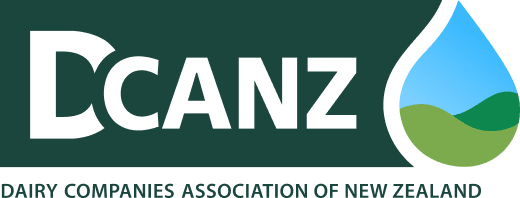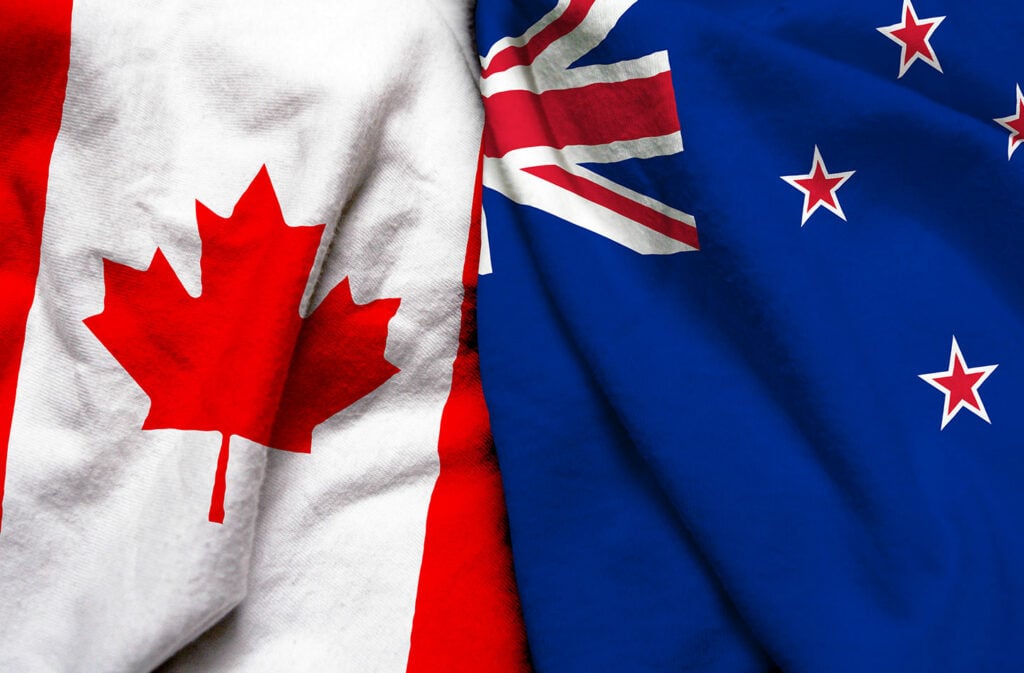The Dairy Companies Association of New Zealand (DCANZ) is rejecting new Canadian proposals for the administration of its dairy tariff rate quotas (TRQs) under the Comprehensive and Progressive Agreement for Trans-Pacific Partnership (CPTPP).
DCANZ Executive Director, Kimberly Crewther, says that rather than bringing the Canadian system in line with CPTPP commitments, the proposal will take an already restrictive import regime further backwards.
DCANZ had hoped that Canada would move swiftly to bring its system into compliance with its CPTPP obligations following a successful legal challenge by New Zealand in 2023. Instead, it is frustrated by Canada’s persistence in seeking to avoid agreed dairy market access being utilised.
“Canada has proposed to use a new and complex formula to allocate import quota in a way that will continue to put the majority of quota access in the hands of domestic processors, who have little interest in importing from CPTPP countries, and not in the hands of distributors and other importers including retailers who do want to import,” says Crewther.
“This proposal is entirely inconsistent with last year’s legal ruling that Canada must allow importers the opportunity to fully utilise the quotas”.
New Zealand dairy exporters are estimated to have lost $120 million worth of trade opportunities due to Canada breaching its commitments during the first three years of CPTPP. These losses continue to grow in the absence of Canadian quota administration that provides importers the opportunity to fully utilise the available volumes.
“We see time and again Canada looking to ‘defend’ its supply management system at the expense of the legitimate economic interests of its trading partners and in contravention of its legal commitments. It is very far from the treatment you would expect from a trusted international partner and contrasts with the way that other New Zealand FTA partners like the UK and China have implemented their commitments”, says Crewther.
Canada’s approach is not only negatively impacting New Zealand exporters and Canadian importers, it ultimately results in higher food prices for Canadian consumers.
DCANZ will be looking for the New Zealand government to ensure Canada fully complies with the legal ruling.
Quota administration is not the only area where Canada’s protectionism is distorting export opportunities for New Zealand dairy exporters. DCANZ is also concerned by the growing level of subsidized Canadian dairy protein exports and calls on the Canadian Government to also ensure its approach to dairy policy settings more generally respects and supports the maintenance of the global trade rules system.

